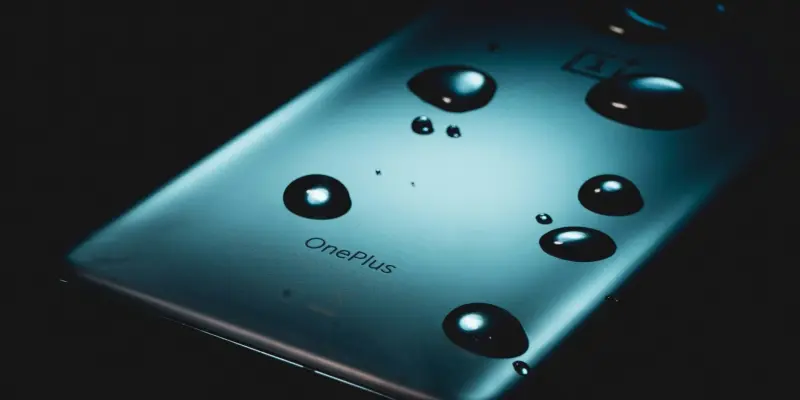The smartphone industry has experienced multiple technological advancements over the years, with foldable devices emerging as a significant innovation. However, despite significant efforts to push these devices into the mainstream market, their uptake has been slower than anticipated. In light of this, OnePlus has made a strategic decision to delay the launch of their new foldable smartphone, the OnePlus Open 2, prioritizing the refinement of existing technologies. This decision underscores the company’s commitment to ensuring that their products meet high-quality standards and deliver the best possible user experience.
Market Growth and Sales Trends
OnePlus’ decision to pause the release of the OnePlus Open 2 is influenced largely by recent sales trends and market growth statistics. According to Counterpoint research, the foldable smartphone market has seen a modest year-over-year growth of just 2.9% in 2025. This limited increase starkly contrasts with the company’s expectations, signaling an overall slow adoption of foldable technology. The research further highlights weak sales of other prominent foldables, including Samsung’s Galaxy Z Flip6 and Galaxy Z Fold6, thereby indicating a broader market trend. The subdued market growth reveals that foldable smartphones are yet to become a mainstream choice for consumers. This insight has led companies like OnePlus to reconsider their market strategies carefully. While advancements in foldable technology have been impressive, the devices still face several challenges, including high production costs, issues with durability, and noticeable screen creases. These factors have contributed to the slower-than-expected market penetration, prompting OnePlus to take a more cautious approach.
Technological Challenges and Strategic Focus
OnePlus’ strategic pause centers on addressing the intricate design challenges associated with foldable smartphones, aiming to enhance the technology before launching new models. Rudolf Xu, a Senior Product Marketing Manager at OnePlus, emphasized the need to refine the existing technology. The focus is on reducing the device footprint, minimizing crease visibility on the screen, and maintaining flagship specs without compromise. These enhancements are crucial for making foldables more appealing to a broader audience and ensuring they can rival traditional smartphones in terms of user experience and reliability. This commitment to quality and innovation is evident in OnePlus’ decision to hold off on the release of a successor to the OnePlus Open. Despite the competitive specifications of the OnePlus Open, Xu acknowledged that the broader market’s readiness is a key factor. By choosing to delay the launch of the OnePlus Open 2, the company aims to overcome current technological hurdles and ensure that future foldable devices are more robust, user-friendly, and free from common design issues.
Timing and Consumer Expectations
The timing of product releases plays a crucial role in their market success. OnePlus’ decision to wait for more substantial market penetration reflects a strategic approach to innovation. The company aims to re-enter the foldable market when these devices become more mainstream and capable of meeting higher user expectations without significant compromises. This approach suggests that OnePlus is prioritizing long-term consumer satisfaction over short-term gains. Providing the best user experience is a top priority for OnePlus, and this strategy indicates their commitment to delivering high-quality products that align with consumer and market demands. The detailed assessment by industry experts during their visit to OnePlus’ headquarters confirms the company’s diligent efforts in overcoming common design challenges. By focusing on enhancing foldable technology, OnePlus intends to offer devices that meet the high standards expected by users while also pushing the boundaries of innovation.
Future Prospects and Company Strategy
The smartphone industry has seen many technological advancements over time, with foldable devices standing out as a major innovation. Despite substantial efforts to make these devices popular, their adoption has been slower than expected. As a result, OnePlus has made a deliberate decision to postpone the release of their new foldable smartphone, the OnePlus Open 2. This move allows the company to focus on refining existing technologies before bringing the new device to the market. By doing so, OnePlus emphasizes their dedication to ensuring that their products adhere to high-quality standards and provide the best possible user experience. This strategic delay highlights the company’s commitment to not just being first to market, but being the best. They’re keen on making sure that their technology is not only innovative but also reliable and user-friendly. Therefore, OnePlus prefers to perfect their current features instead of rushing and potentially compromising the quality of their foldable smartphone, ensuring that when the OnePlus Open 2 finally launches, it will meet and possibly exceed consumer expectations.

